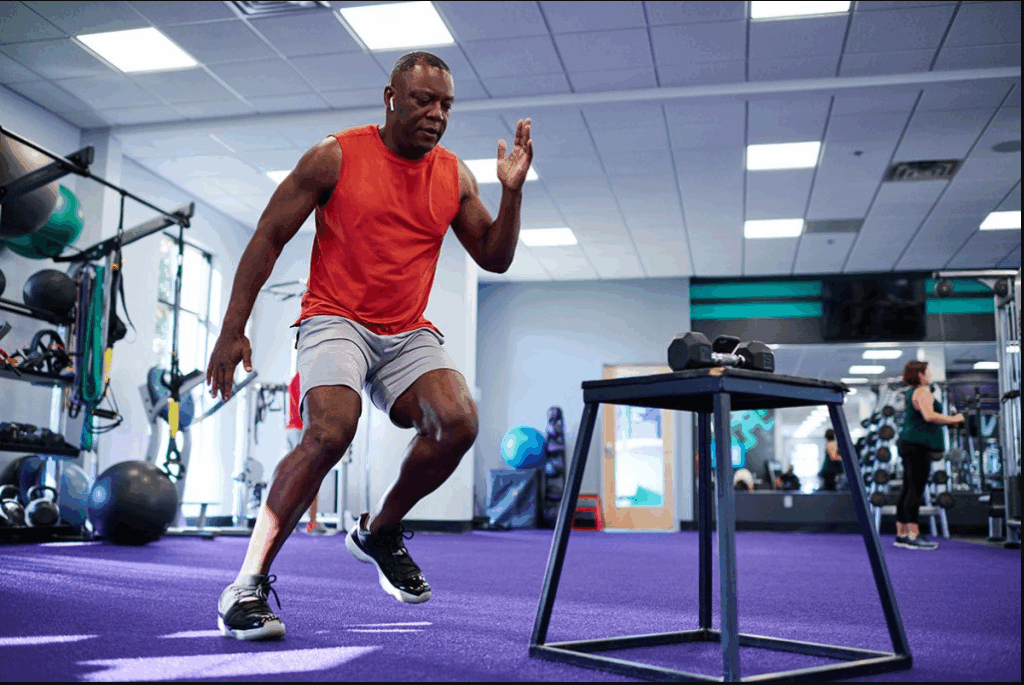Elite athletes like LeBron James and Roger Federer are known not only for their skills and dedication but also for prioritizing sleep, often logging nine or more hours per night. For them, sleep is as essential as physical training, nutrition, or recovery therapies.
Despite this, many athletes overlook the critical role of sleep in maximizing performance. Poor sleep in athletes remains one of the most underestimated barriers to progress, recovery, and peak results.
The Science of Sleep and Athletic Performance
The body recovers during sleep, a dynamic biological state. Muscle tissue repairs, growth hormones are released, and immune function is restored during sleep, especially the deeper stages. For athletes who have bodies stressed by training, these processes are necessary.
Dreaming is the stage during which the body consolidates memories and learn, called REM sleep. For athletes, it means better retention of new techniques, better muscle coordination & and faster adaptation to skill-based training. Deep sleep is needed, meanwhile, for physical restoration and hormonal balance, which directly affect strength and stamina.

Physical Effects of Poor Sleep on Athletes
The effects of bad sleep on fitness performance are broad and well-documented. Even a single night of inadequate sleep can lead to measurable decreases in strength, endurance, and power output. Over time, chronic sleep restriction erodes physical capacity and limits training gains.
Sleep deprivation also increases the risk of sports injuries. Muscles fail to repair fully, reaction times slow, and balance is impaired. Sleep deprivation also weakens the immune system, exposing athletes to illnesses that interrupt training cycles and competition readiness.

Cognitive and Mental Impact
Good sleep quality directly influences cognitive performance in athletes. Insufficient sleep causes slower reaction times, less attention, and poorer decision-making under pressure. These deficits can be costly in fast sports where every split second counts.
Poor sleep affects mood, is associated with irritability, and lowers motivation to train or compete mentally. Fatigue can also skew perception – workouts may feel harder than they actually are, decreasing training intensity and adherence over time.
Common Causes of Poor Sleep in Athletes
Athletes often struggle with poor sleep due to the demands of their schedules. Late-night training sessions or competitions can disrupt the natural circadian rhythm. Overtraining and stress from performance pressure can also contribute to restless nights.
Another frequent disruptor is blue light exposure from phones, tablets, or TVs used before bed. This artificial light suppresses melatonin, the hormone that regulates sleep, delaying the onset of rest. Inconsistent sleep and wake times also confuse the body’s internal clock, disrupting healthy sleep patterns.
How Much Sleep Do Athletes Actually Need?
While health professionals advise the general adult population to get 7–9 hours of sleep, athletes typically require more due to their heightened recovery needs. Many elite performers benefit from 9–10 hours per night, especially during intense training periods or competition seasons.
Consistency is just as important as duration. Going to bed and waking up at the same time every day helps regulate hormonal cycles and improves the quality of sleep, which in turn enhances recovery and performance.
Sleep Hygiene Strategies for Athletes
Improving sleep begins with creating an environment and routine that supports rest. Athletes should wind down at least 30–60 minutes before bed, avoiding screens and engaging in relaxing activities such as stretching, reading, or meditation. Darkening the room with blackout curtains and keeping the temperature cool can further promote deep sleep.
Avoid caffeine later in the day, as it can linger in the body and interfere with sleep onset. Similarly, alcohol, while initially sedating, disrupts sleep architecture and reduces the quality of rest. Nutrition also plays a role—eating too close to bedtime can cause indigestion, while going to bed hungry may cause discomfort.
Training Adjustments and Lifestyle Tweaks
Training intensity and timing affect sleep quality. Late-evening high-intensity workouts raise cortisol and adrenaline, which can delay sleep onset. Scheduling intense sessions earlier in the day allows the body to return to a restful state by nighttime.
Managing stress through breathwork, meditation, or journaling can reduce anxiety that interferes with sleep. For athletes with particularly demanding schedules, short daytime naps can offer a valuable boost to recovery. They should limit naps to 20–30 minutes to avoid grogginess.

Tools and Tech for Better Sleep
Some modern tools may help athletes sleep better. Not necessarily accurate, sleep trackers can give useful information about sleep duration and patterns. They can help you find trends or disruptions.
Blue light-blocking glasses may attenuate screen-induced melatonin suppression when evening device use is inevitable. White noise machines or apps mask disruptive sounds, and smart mattresses adjust to temperature and pressure to optimize sleep conditions.
Sometimes, underlying problems with sleep need professional sleep evaluations or coaching if the problem is chronic.
Frequently Asked Questions
How many hours should an athlete sleep each night?
Most athletes need between 8 and 10 hours of sleep to recover and perform at their best.
Can poor sleep really impact physical strength and endurance?
Yes, studies show that inadequate sleep leads to reduced strength, slower reaction times, and diminished endurance in both short- and long-term performance.
Does blue light actually affect sleep?
Blue light from screens delays melatonin production, making it harder to fall asleep. Avoiding screens before bed or using blue light filters can help.




